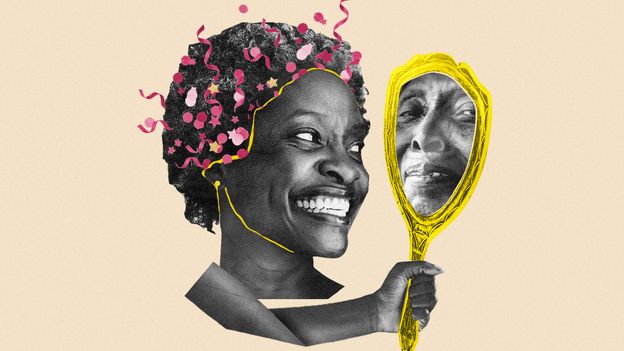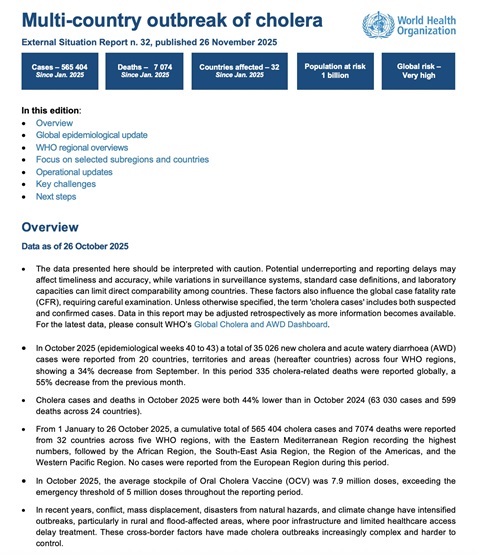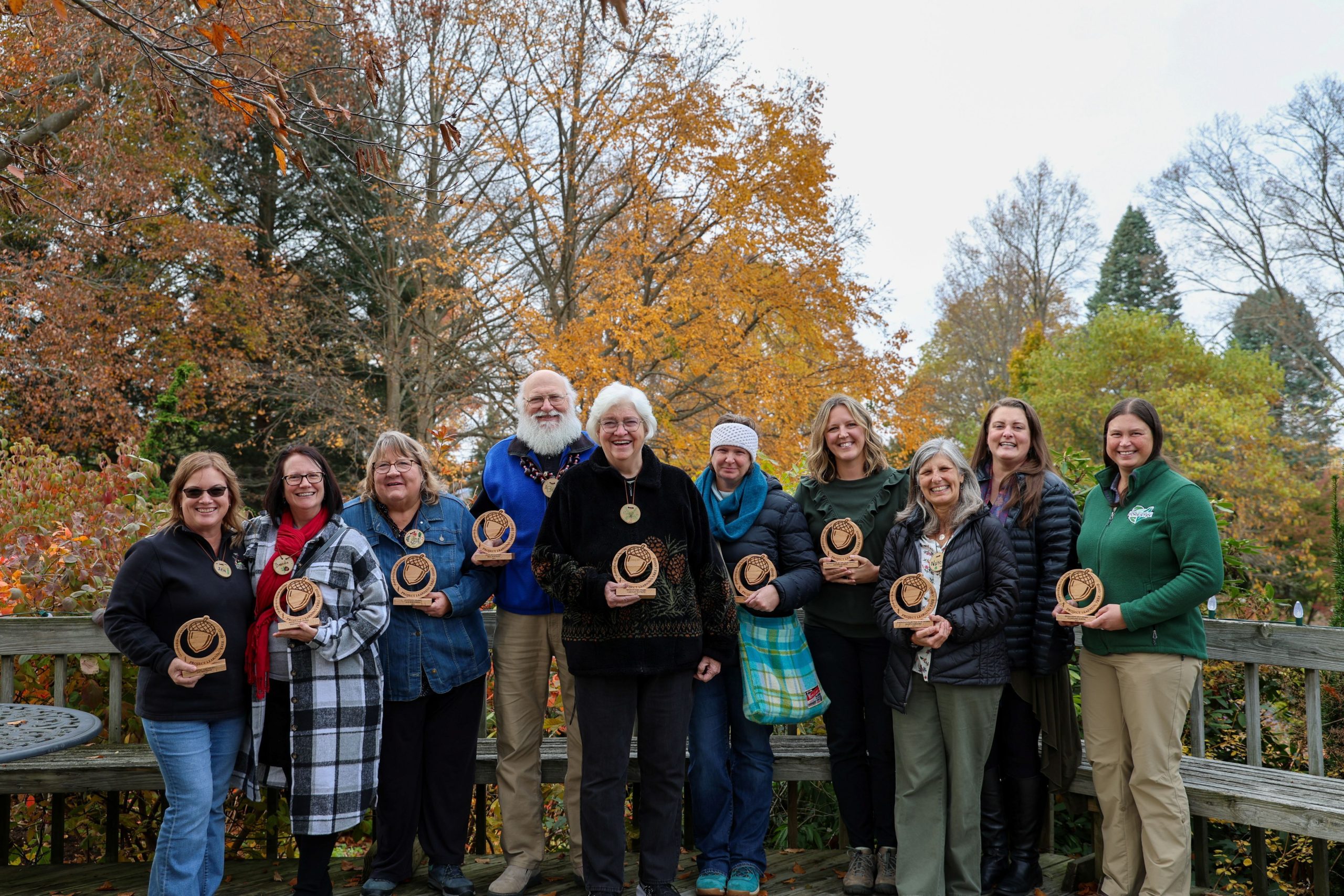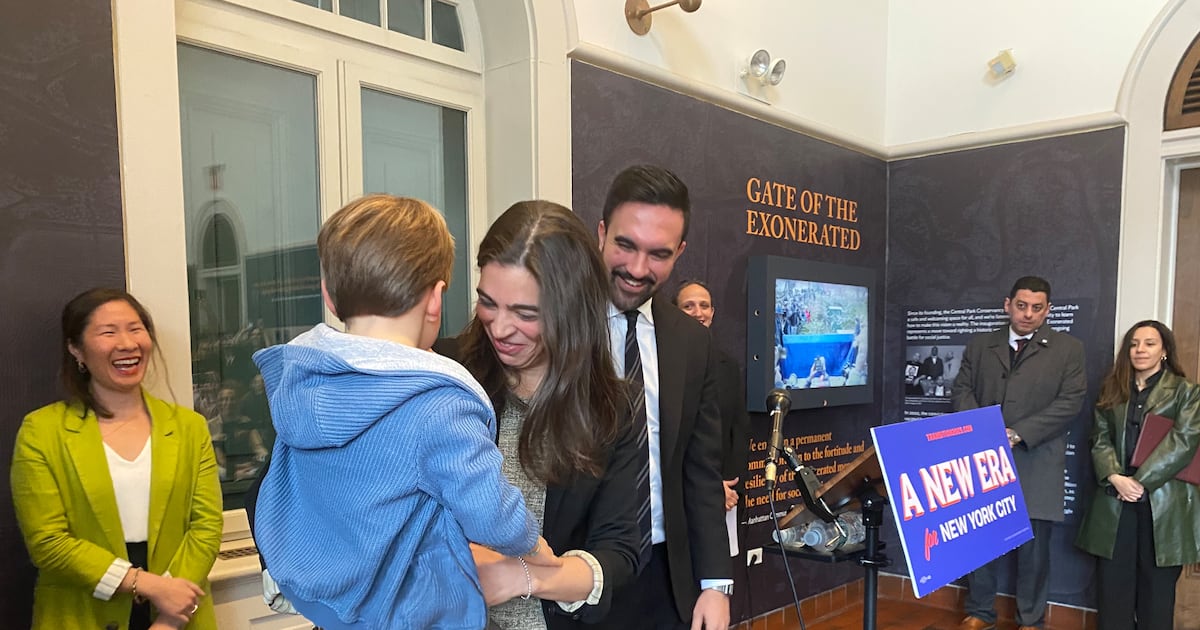TV icons have creatively joined a new Robertson School course – VCU News

Report on Virginia Commonwealth University’s Innovative Television Curriculum and its Alignment with Sustainable Development Goals
Introduction: A New Model for Quality Education (SDG 4)
Virginia Commonwealth University (VCU) has launched a new course, MASC 291: Oral History of TV, which represents a significant advancement in educational methodology, directly supporting Sustainable Development Goal 4 (Quality Education). This initiative replaces traditional textbook learning with a dynamic, multimedia curriculum built from the Television Academy Foundation’s extensive digital archive of interviews. The course provides students with an inclusive, equitable, and engaging learning experience by leveraging over 100 curated video clips that chronicle 70 years of television history.
Strategic Partnership for Educational Advancement (SDG 17)
The development of this curriculum exemplifies a powerful partnership for the goals, as outlined in SDG 17. The collaboration involved key stakeholders dedicated to enhancing educational outcomes:
- Virginia Commonwealth University: Represented by Dr. Joshua J. Smith of the Richard T. Robertson School of Communication, who curated and structured the course content.
- The Television Academy Foundation: A non-profit institution that provided access to its vast archive, “The Interviews: An Oral History of Television.”
- Industry Leadership: The concept was initiated by VCU alum and television executive Dick Robertson, demonstrating a commitment from the private sector to support educational innovation.
The foundation’s expressed desire to offer this curriculum to other four-year institutions and community colleges further promotes the goal of creating accessible and equitable quality education for all.
Curriculum Impact on Social and Economic Development Goals
The course content is strategically designed to not only educate but also to address key social and economic aspects of the SDGs.
- Promoting Decent Work and Economic Growth (SDG 8): By presenting interviews from a wide array of industry professionals—including actors, directors, producers, stunt doubles, and makeup artists—the curriculum offers students comprehensive insight into diverse career paths within the media industry, preparing them for future employment.
- Reducing Inequalities (SDG 10): The curriculum actively engages with themes of social progress and representation. For instance, interviews with figures like LeVar Burton address the positive evolution of diversity on television, encouraging critical discussion on reducing inequalities.
- Fostering Peace, Justice, and Strong Institutions (SDG 16): The course examines television’s role in shaping public discourse and documenting pivotal historical events. Segments featuring Walter Cronkite discussing the moon landing or Connie Chung recalling 9/11 coverage highlight the media’s function as a powerful institution for informing society.
Fostering Innovation and Future Potential (SDG 9)
This initiative serves as a model for innovation in educational infrastructure, aligning with SDG 9 (Industry, Innovation, and Infrastructure). By successfully creating a full 16-week course from vetted, free, and publicly available digital resources, VCU and the Television Academy Foundation have established a scalable and replicable framework. Dr. Smith notes that this multimedia approach enhances student engagement, a critical currency in modern education. The cross-disciplinary appeal of the course has the potential to inspire students from various fields, demonstrating how innovative teaching methods can foster a more skilled and informed generation prepared to contribute to sustainable development.
Sustainable Development Goals (SDGs) Addressed
- SDG 4: Quality Education – The article’s central theme is the creation and implementation of a new, innovative university course.
- SDG 17: Partnerships for the Goals – The course is a direct result of a collaboration between a university and a non-profit foundation.
- SDG 16: Peace, Justice and Strong Institutions – The course utilizes a publicly accessible archive of information, promoting access to historical and cultural knowledge.
- SDG 8: Decent Work and Economic Growth – The curriculum is designed to provide students with insights and skills relevant for future employment in a specific industry.
Specific Targets Identified
SDG 4: Quality Education
- Target 4.3: By 2030, ensure equal access for all women and men to affordable and quality technical, vocational and tertiary education, including university.
Explanation: The article focuses on a new course at Virginia Commonwealth University (VCU), a form of tertiary education. The initiative is further supported by the Television Academy Foundation’s eagerness “to work with four-year institutions and community colleges to offer the curriculum,” aiming to expand access to this quality educational content. - Target 4.4: By 2030, substantially increase the number of youth and adults who have relevant skills, including technical and vocational skills, for employment, decent work and entrepreneurship.
Explanation: The course is explicitly framed as a tool for career exploration and skill development. The article quotes Dick Robertson suggesting students could “figure out where your interest would be – in front of or behind the camera or on the business side of it,” which directly relates to acquiring relevant skills and knowledge for employment in the television industry. - Target 4.7: By 2030, ensure that all learners acquire the knowledge and skills needed to promote sustainable development, including…appreciation of cultural diversity and culture’s contribution to sustainable development.
Explanation: The curriculum explores “70 years of TV history and its wide-ranging impact on everything from politics to culture.” It includes content from figures like LeVar Burton, who “addresses the positive evolution of representation on TV,” thereby promoting an appreciation of cultural diversity and its historical context.
SDG 17: Partnerships for the Goals
- Target 17.17: Encourage and promote effective public, public-private and civil society partnerships, building on the experience and resourcing strategies of partnerships.
Explanation: The entire project described is a partnership between VCU, a public university, and the Television Academy Foundation, a civil society organization. The article details how Dick Robertson “pitched Smith on the concept” and how Dr. Smith “worked with the foundation to build the curriculum,” showcasing an effective collaboration to achieve an educational goal.
SDG 16: Peace, Justice and Strong Institutions
- Target 16.10: Ensure public access to information and protect fundamental freedoms, in accordance with national legislation and international agreements.
Explanation: The foundation of the course is the “thousands of publicly available interviews in the foundation’s collection.” The article highlights that the archive provides an opportunity to “pull from a vetted list of [free] resources,” which exemplifies ensuring public access to information and historical records.
SDG 8: Decent Work and Economic Growth
- Target 8.6: By 2020, substantially reduce the proportion of youth not in employment, education or training.
Explanation: While the target date has passed, the principle remains relevant. The course MASC 291 is a form of education and training for youth. By providing a “multimedia learning experience that goes beyond the textbook” and inspires students, it actively engages them in education and prepares them for future careers, contributing to the reduction of youth not in employment, education, or training (NEET).
Indicators for Measuring Progress
SDG 4: Quality Education
- Implied Indicator for Target 4.3: The number of educational institutions (universities and community colleges) that adopt the curriculum developed by VCU and the Television Academy Foundation.
- Implied Indicator for Target 4.4: The number of students enrolled in the “Oral History of TV” course who gain skills and knowledge applicable to the media industry.
- Implied Indicator for Target 4.7: The inclusion of specific curriculum modules and clips (e.g., the LeVar Burton interview on representation) that address cultural diversity and television’s societal impact.
SDG 17: Partnerships for the Goals
- Implied Indicator for Target 17.17: The formal agreement and collaborative work between VCU and the Television Academy Foundation to create and distribute the course curriculum.
SDG 16: Peace, Justice and Strong Institutions
- Implied Indicator for Target 16.10: The number of interviews and clips made publicly available and free to access through the foundation’s archive, “The Interviews: An Oral History of Television.”
SDG 8: Decent Work and Economic Growth
- Implied Indicator for Target 8.6: The total enrollment numbers for the MASC 291 course, representing the number of young people engaged in this specific educational and training program.
Summary Table of SDGs, Targets, and Indicators
| SDGs | Targets | Indicators |
|---|---|---|
| SDG 4: Quality Education | 4.3: Ensure equal access to affordable and quality tertiary education. | The number of institutions adopting the curriculum. |
| SDG 4: Quality Education | 4.4: Increase the number of youth and adults with relevant skills for employment. | Number of students enrolled in the course to gain industry-relevant skills. |
| SDG 4: Quality Education | 4.7: Ensure learners acquire knowledge for sustainable development, including appreciation of cultural diversity. | Inclusion of curriculum content on cultural representation and societal impact. |
| SDG 17: Partnerships for the Goals | 17.17: Encourage and promote effective public, public-private and civil society partnerships. | The formal partnership between VCU and the Television Academy Foundation. |
| SDG 16: Peace, Justice and Strong Institutions | 16.10: Ensure public access to information. | The number of publicly available interviews in the foundation’s archive. |
| SDG 8: Decent Work and Economic Growth | 8.6: Reduce the proportion of youth not in employment, education or training. | Total student enrollment in the MASC 291 course. |
Source: news.vcu.edu
What is Your Reaction?
 Like
0
Like
0
 Dislike
0
Dislike
0
 Love
0
Love
0
 Funny
0
Funny
0
 Angry
0
Angry
0
 Sad
0
Sad
0
 Wow
0
Wow
0















































































